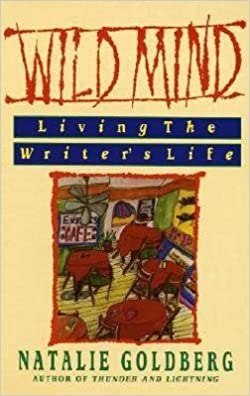Roshan Bhodekar, author and publisher of the international, Madrid, Spain-based newspaper, Transcontinental Times, approached me to do an interview.
Grateful, yes, and appreciative, definitely, but I’m nothing special. Why interview me?
“Because your writing influences and inspires people. It’s important. Especially in modern society.”
Umm…okay. I don’t think of it that way, and okay.
A month later and with a few back and forths between the reporter assigned the interview and myself, you can read the interview at Joseph Carrabis On The Importance Of Literature In Modern Society.
My proposition is a simple one; you can best educate people if you entertain them. Few people remember high school algebra even a year after graduation because (when I attended high school) it was the most boring class imaginable. (anybody remember that great line from Peggy Sue Got Married regarding high school math?)
But I still remember Mrs. Hudon’s sophomore math class because she made it fun. Synthetic Division, anyone? Solving linear equations, folks?
She had a keen sense of her students and made the class interesting even on hot, muggy days when the windows were open and there wasn’t a breeze to be found.
So entertain your audience. Keep them engaged. Keep them wanting more. Keep them interested in what you’re sharing with them. Ask them questions to get them to ask questions of their own, to you, your work, and each other.
In short, get people to learn by getting them to care. Make your subject important to who they are, who they want to be. Why do most people forget books they’ve read once they’ve closed the cover? Because the book has no meaning to them, it’s a blowoff read. Sometimes such reads provide wonderful mental vacations but a steady diet of them leaves one weak and wanting, me thinks.
Roshan noticed my work affects people – or attempts it – and asked me about it. The interview is the result.
Take a read and enjoy.
And let us know what you think.


